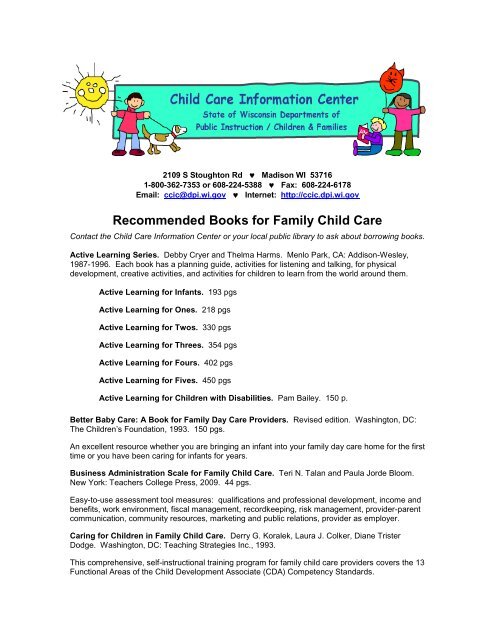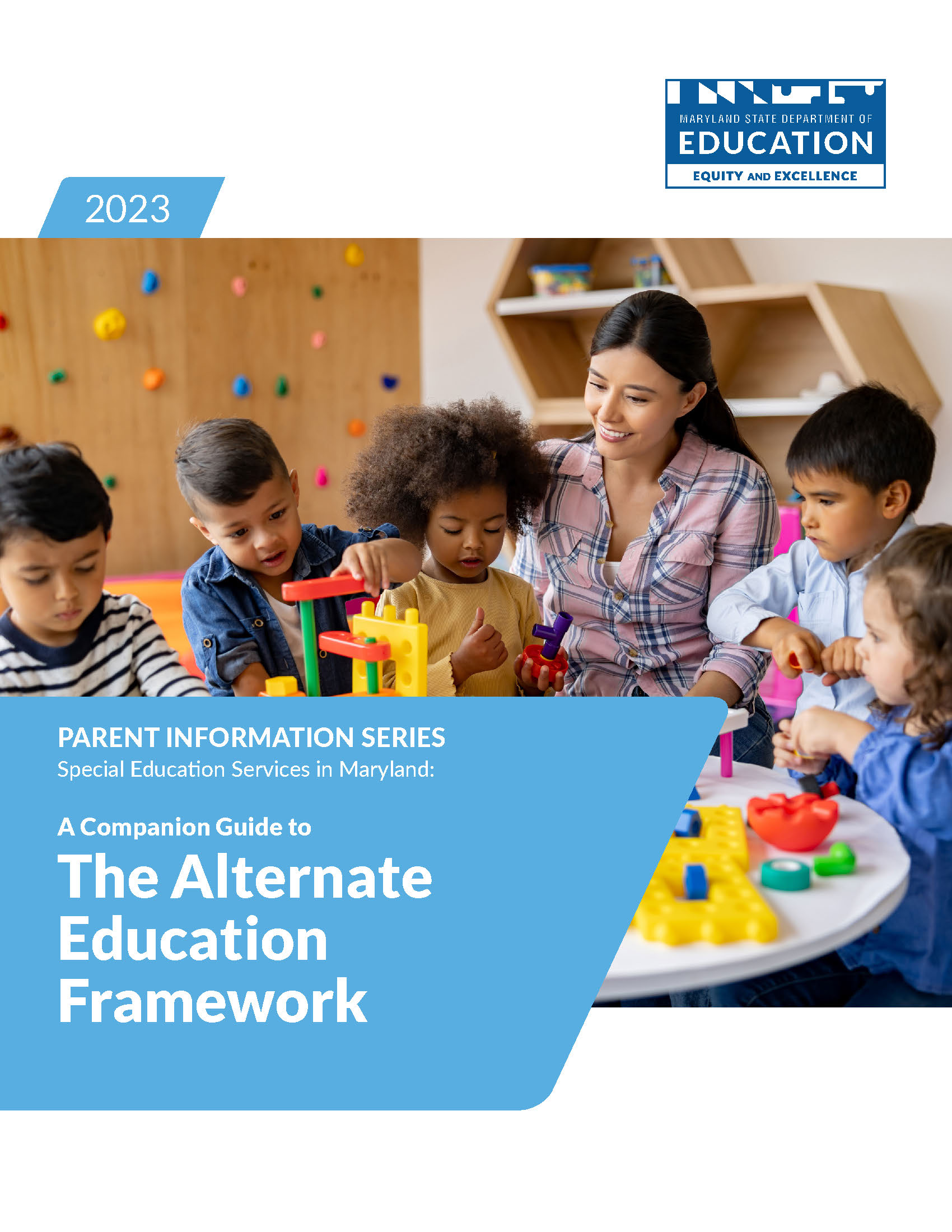Early childhood education is the foundation for a child’s future success. It provides children with the cognitive, social, and emotional skills they need to thrive in school and life. At kienhoc.vn, we believe that every child deserves access to high-quality early childhood education. In this article, we will provide an overview of early childhood education, including its benefits, types of programs, and how to choose the right program for your child.

What is Early Childhood Education?
The Importance of Early Childhood Education
Early childhood education is the foundation for a child’s future success. It provides children with the cognitive, social, and emotional skills they need to thrive in school and life. Studies have shown that children who participate in high-quality early childhood education programs are more likely to succeed in school, have higher incomes, and lead healthier lives.
- Improved cognitive skills
- Enhanced social and emotional development
- Reduced risk of behavioral problems
- Increased school readiness
- Long-term economic benefits
Early childhood education is not just about preparing children for kindergarten. It is about giving them the skills they need to succeed in life.
Types of Early Childhood Education Programs
There are many different types of early childhood education programs available, each with its own unique approach. Some common types of programs include:
- Center-based programs: These programs are typically located in a school or community center and provide care for children from birth to age 5.
- Home-based programs: These programs provide care for children in the provider’s home. They are typically smaller than center-based programs and may offer more flexibility.
- Montessori programs: These programs are based on the educational philosophy of Maria Montessori and emphasize hands-on learning and self-directed activity.
- Reggio Emilia programs: These programs are based on the educational philosophy of Loris Malaguzzi and emphasize creativity, exploration, and collaboration.
- Waldorf programs: These programs are based on the educational philosophy of Rudolf Steiner and emphasize holistic development and a connection to nature.
The best type of early childhood education program for your child will depend on your individual needs and preferences. It is important to do your research and find a program that is a good fit for your child.
| Type of Program | Ages Served | Curriculum | Cost |
|---|---|---|---|
| Center-based | Birth to age 5 | Varies by program | Varies by program |
| Home-based | Birth to age 5 | Varies by program | Varies by program |
| Montessori | Birth to age 6 | Hands-on learning, self-directed activity | Varies by program |
| Reggio Emilia | Birth to age 6 | Creativity, exploration, collaboration | Varies by program |
| Waldorf | Birth to age 7 | Holistic development, connection to nature | Varies by program |
Early childhood education is an essential part of a child’s development. It provides children with the skills and knowledge they need to succeed in school and life. If you are considering enrolling your child in an early childhood education program, we encourage you to do your research and find a program that is right for your child’s individual needs.
Here are some additional resources on early childhood education:

The Importance of Early Childhood Education
Cognitive Benefits
Early childhood education provides children with a strong foundation for future learning and success. Studies have shown that children who participate in high-quality early childhood education programs are more likely to succeed in school, have higher incomes, and lead healthier lives. These programs help children develop essential cognitive skills, such as problem-solving, critical thinking, and language development. Early math concepts and early literacy skills are also introduced, giving children a head start in these important areas.
- Improved problem-solving skills
- Enhanced critical thinking skills
- Increased language development
- Early introduction to math and literacy concepts
Social and Emotional Benefits
In addition to cognitive benefits, early childhood education also provides children with important social and emotional benefits. These programs help children develop self-confidence, learn how to interact with others, and develop empathy and compassion. They also provide a safe and supportive environment where children can learn and grow. Social skills are essential for success in school and life, and early childhood education programs help children develop these skills in a fun and engaging way.
| Skill | Description |
|---|---|
| Self-confidence | The ability to believe in oneself and one’s abilities |
| Social skills | The ability to interact with others in a positive and productive way |
| Empathy | The ability to understand and share the feelings of others |
| Compassion | The ability to care for and help others |

Types of Early Childhood Education Programs
There are many different types of early childhood education programs available, each with its unique approach. Some common types of programs include:
- Center-based programs: These programs are typically located in a school or community center and provide care for children from birth to age 5. Center-based programs often have a structured curriculum and provide a variety of activities and experiences for children.
- Home-based programs: These programs provide care for children in the provider’s home. They are typically smaller than center-based programs and may offer more flexibility. Home-based programs can be a good option for families who want a more personalized and intimate setting for their child.
- Montessori programs: These programs are based on the educational philosophy of Maria Montessori and emphasize hands-on learning and self-directed activity. Montessori programs are known for their focus on developing children’s independence and creativity.
- Reggio Emilia programs: These programs are based on the educational philosophy of Loris Malaguzzi and emphasize creativity, exploration, and collaboration. Reggio Emilia programs are known for their use of open-ended materials and their focus on creating a community of learners.
- Waldorf programs: These programs are based on the educational philosophy of Rudolf Steiner and emphasize holistic development and a connection to nature. Waldorf programs are known for their focus on art, music, and movement and their emphasis on developing children’s imaginations.
| Type of Program | Ages Served | Curriculum | Cost |
|---|---|---|---|
| Center-based | Birth to age 5 | Varies by program | Varies by program |
| Home-based | Birth to age 5 | Varies by program | Varies by program |
| Montessori | Birth to age 6 | Hands-on learning, self-directed activity | Varies by program |
| Reggio Emilia | Birth to age 6 | Creativity, exploration, collaboration | Varies by program |
| Waldorf | Birth to age 7 | Holistic development, connection to nature | Varies by program |
The best type of early childhood education program for your child will depend on your individual needs and preferences.
Here are some additional resources on early childhood education:

Choosing the Right Early Childhood Education Program
Consider Your Child’s Needs
When choosing an early childhood education program, it is important to consider your child’s individual needs. Some things to think about include your child’s age, developmental stage, learning style, and interests. You should also consider your family’s schedule and budget.
If you are unsure about what type of program is right for your child, you can talk to your child’s pediatrician or a local early childhood education expert. They can help you assess your child’s needs and recommend programs that would be a good fit.
Visit Different Programs
Once you have a few programs in mind, it is important to visit them in person. This will give you a chance to see the program in action and meet the staff. You should also ask about the program’s curriculum, policies, and procedures.
When you are visiting programs, pay attention to how the staff interacts with the children. Do they seem caring and supportive? Do they create a positive and nurturing environment? You should also observe how the children are engaged in the activities. Are they happy and learning?
| Factor | Description |
|---|---|
| Age | The age of your child will determine the type of program that is appropriate. |
| Developmental stage | Your child’s developmental stage will also influence the type of program that is best suited for them. |
| Learning style | Some children learn best through hands-on activities, while others prefer more structured learning environments. |
| Interests | Consider your child’s interests when choosing a program. This will help ensure that they are engaged and motivated to learn. |
Talk to Other Parents
Another great way to learn about different early childhood education programs is to talk to other parents. Ask them about their experiences with different programs and what they liked and disliked about each one. You can also ask them for recommendations.
Talking to other parents can give you valuable insights into the different programs available in your area. It can also help you make an informed decision about which program is right for your child.
- Early Childhood Behavioral Management
- Outdoor Learning and Child Development
- Creative Arts in Early Childhood

Final Thought
Early childhood education is an essential investment in a child’s future. It provides children with the skills and knowledge they need to succeed in school and life. If you are considering enrolling your child in an early childhood education program, we encourage you to do your research and find a program that is right for your child’s individual needs.




